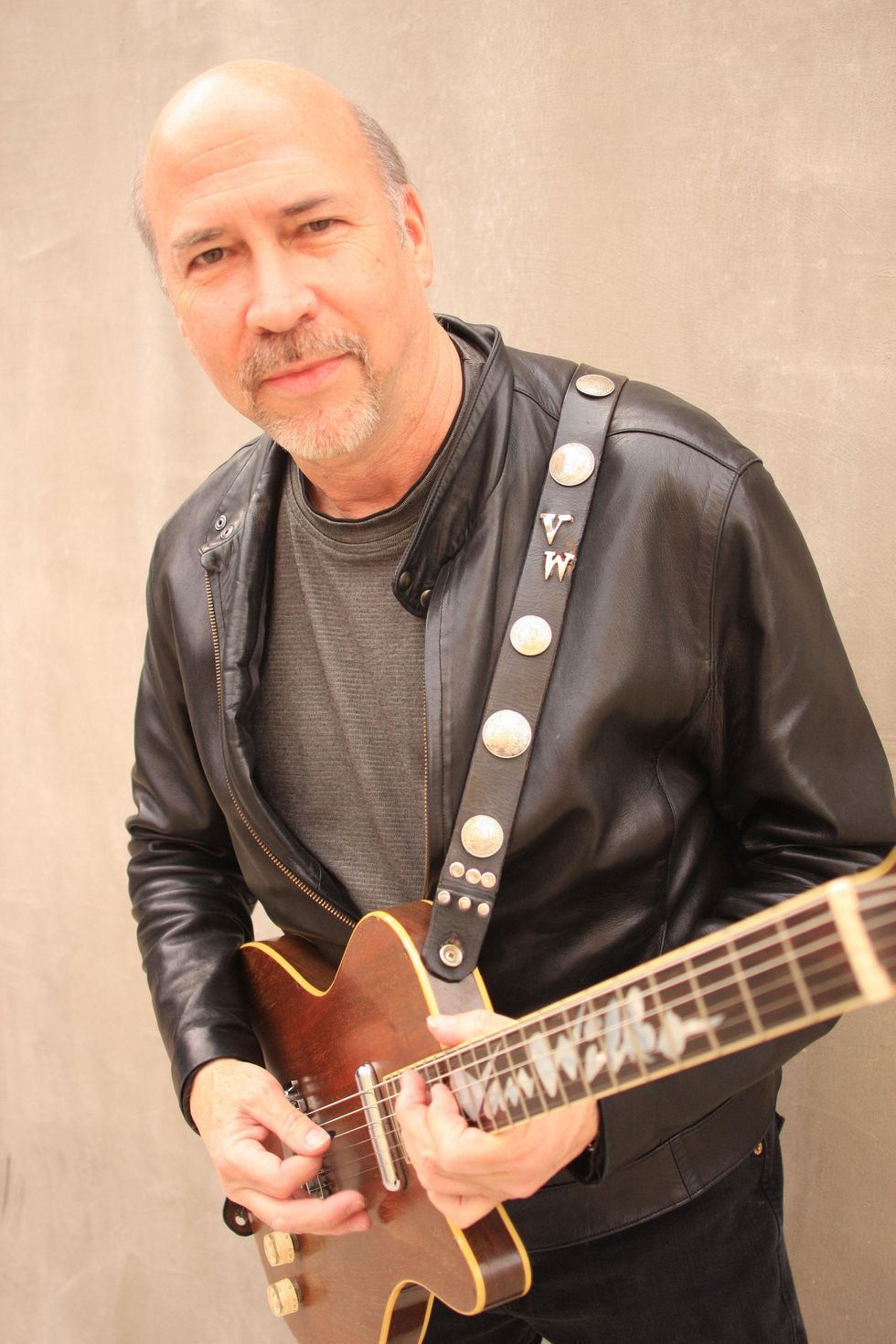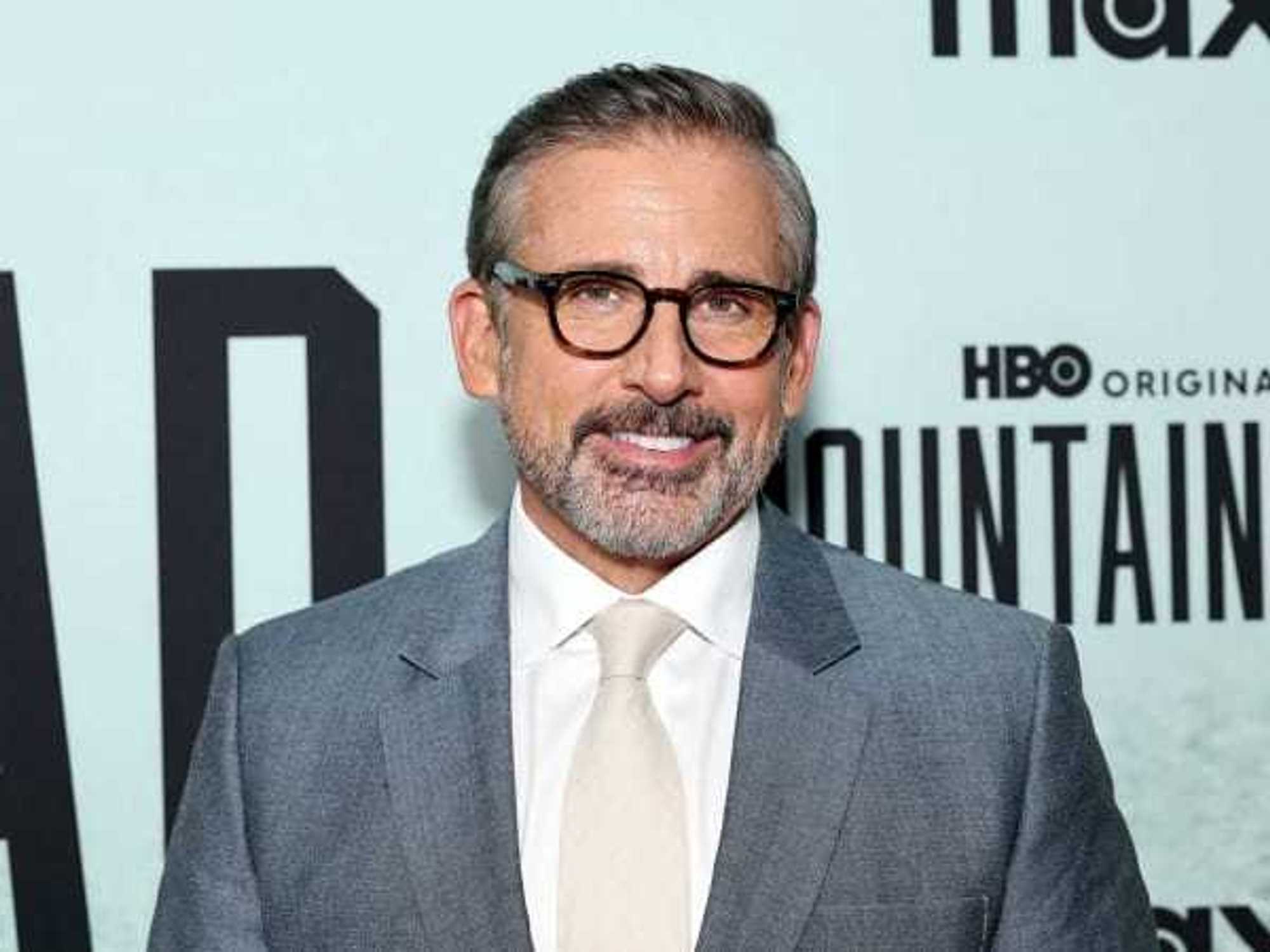Ask Central Texas men about this year’s Longhorn football season, and you’ll get an earful. Ask them about their health, specifically their prostate health, and it’ll get so quiet you can hear a pin drop.
September has been proclaimed Prostate Cancer Awareness month. The American Cancer Society says 221,000 men were diagnosed with prostate cancer last year and nearly 30,000 died from it. Even with those grim statistics, many men dance around the topic as if it were taboo to speak about the walnut-size organ that could potentially take their lives.
Austin music legend, Van Wilks was one of those men who didn’t think, much less talk, about his prostate health. And that’s despite having three uncles and a cousin who died from prostate cancer. Then then three and a half years ago, he discovered his family didn’t just pass down the good music genes. He received the devastating news that he, too, had prostate cancer.
“I wish my family and I talked about it more. Fortunately, my cancer was caught early, but so many men won’t be so lucky,” said Wilks. “That’s why I talk to anyone who will listen about the importance of prostate cancer screenings.”
Besides being an Austin music icon, Wilks describes himself as a prostate cancer survivor, advocate, and now an official delegate for Zero, The Project to End Prostate Cancer. Zero hopes to eradicate the cancer by increasing research funds from the federal government to find new treatments. They also fund local grants to end prostate cancer through a national race series called the Great Prostate Cancer Challenge.
Austin will play host to the Dash for Dad 5 K Race, a part of the Great Prostate Cancer Challenge, on Saturday, October 22nd at Camp Mabry. The event is sponsored by Urology Austin, and proceeds will support prostate cancer research, advocacy and awareness.
“It’s an important reminder for men to protect their prostate health,” explained Dr. David Freidberg, a urologist with Urology Austin. “Austin is a health-conscious community that’s continuously ranked as one of the top cities to live and enjoy life. The Dash for Dad event gives the community an opportunity to renew its commitment to fighting the disease by finding better ways to prevent, detect and treat it.”
Wilks just returned from Washington D.C. where he was a delegate for The Summit to End Prostate Cancer, a premier legislative conference focused on issues affecting prostate cancer patients, survivors and their families. Wilks met with key legislative decision makers including Congressman Lloyd Doggett, Senator Kay Bailey Hutchison and Senator John Cornyn.
“This is a year of serious budget cuts where funding for research is traditionally $80 million. The government wants to cut that to $64 million. We are pleading with them to at least keep it at the current level, explained Wilks. “Prostate cancer not only affects the man, but it impacts wives, girlfriends and family members. We simply want more awareness from everyone.”
Other notable Austin prostate cancer survivors participating in Dash for Dad include Jim Swift, KXAN reporter who will serve as Emcee of the day’s events and State representative Paul Workman who is serving at Honorary Chair.
To register for the inaugural Dash for Dad 5K Race on October 22nd at Camp Mabry, go to the Urology Austin website.
Annual prostate checkups won’t reduce the risk of cancer, but early diagnosis increases survival rates.
At age 50, men should discuss benefits of annual PSA and DRE prostate screenings with their doctor. Men at increased risk of prostate cancer should undergo prostate screenings between the ages of 40-45.
Protecting Your Prostate
Most experts agree that staying healthy, inside and out, is the best way to protect your health. That means a well-balanced diet and plenty of exercise. But here are some “not so obvious” ways to protect the prostate.
- Bald isn’t so bad: Turns out the hair-loss drug Propecia has a positive side effect. According to a Nation Cancer Institute (NCI) study of more than 18,000 men, researchers found that the men who took five milligrams of Propecia daily for seven years had a 25 percent lower risk of prostate cancer than those not taking it.
- European Wining and Dining: New research suggests that certain staples of the Mediterranean diet have prostate-cancer-fighting properties. A recent study published in the Journal of the National Cancer Institute shows that men who eat more than 10 grams of garlic or scallions daily cut their risk of developing prostate cancer in half! Pair that with a nice glass of red wine, which contains the antioxidant, resveratrol, and you’ve got a great combination of prostate cancer protection. But experts warn not to overdo it because too much red wine will negate any beneficial effects.
- Hit the Spice Rack: Researchers at the Center for Holistic Urology at Columbia-Presbyterian Medical Center in New York found that ginger, oregano, rosemary, and green tea slashed prostate-cancer cell growth by 78 percent in the lab.
As with any new treatment—holistic or not—get the green light from your doctor first.

